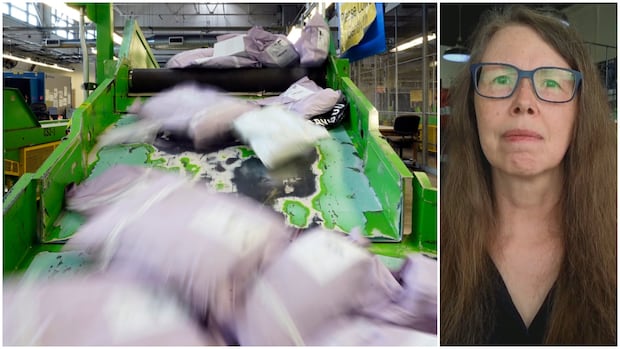Several small Indigenous businesses are pausing shipments to the United States following President Donald Trump’s tariff changes, despite longstanding trade relationships that predate both Canada and the U.S.
Matthew Foss, the vice-president of research and public policy at the Canadian Council for Indigenous Businesses, stressed the importance of upholding established trade routes and treaties that have been previously agreed upon.
Foss emphasized the responsibility of the Canadian and U.S. federal governments to find a solution to honor these agreements.
Last month, President Trump announced the suspension of duty-free de minimus imports from all countries, with the new regulations taking effect the previous Friday. This move is part of the administration’s efforts to boost domestic business development.
Under the new rules, items entering the U.S. valued under $800 that were previously exempt from customs duties will now require scrutiny and may be subject to tariffs ranging from 10 to 50 percent.
For the next six months, carriers handling global mail orders have the option to charge a flat duty fee of $80 to $200 per package instead of the previous value-based rate.
Although Indigenous craftworks are exempt from tariffs under the current Canada-U.S.-Mexico trade agreement, the necessary documentation for this exemption may pose challenges for small businesses. Foss is actively advocating for the government to address these administrative complexities, but progress has been slow.
‘Challenges Ahead’
Stevi Riley, the owner of The Beaded Hero based in Walpole Island First Nation, has decided to cease all sales to the U.S. due to the new import regulations. She expressed concerns about the potential 35% increase in shipping costs and the long-term impact on her business by cutting off this market.
Riley shared her feelings of discouragement, stating her reluctance to deal with potential complications arising from the new rules.
Tribal Spirit Drums and Music in Ivry-sur-le-Lac, Que., and Cedarlilie Beads, run by Dominique O’Bonsawin, also announced halting sales to the U.S. as a result of the de minimus changes.
O’Bonsawin highlighted the missed growth opportunities in the U.S. market due to these restrictions and emphasized the frustration caused by the increased distance and barriers hindering community relationships.
The Trump administration claims that the exemption has been exploited by foreign businesses to avoid tariffs and by criminals to smuggle illegal goods into the country.




